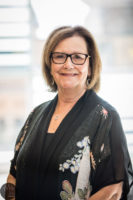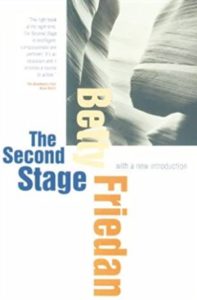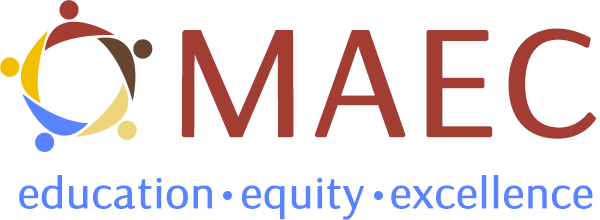Staff Book Recommendations: Susan Shaffer

I entered the educational equity field almost 50 years through my experiences as a high school teacher and a young mom. When I was a teacher in the 1970s, I joined the Class Action Suit for Teachers to fight for the right to teach after twelve weeks of pregnancy. We won the case under Title IX, and my work in the equity field began. By the time Betty Friedan’s The Second Stage came out in 1981, I had been engaged in equity work for about 10 years and was seeking answers to my civil rights questions. Betty Friedan wrote about this, the “no name problem,” in her original book The Feminist Mystique.
 In 1981, I worked at the equity assistance center. The American University. At that time, I was particularly focused on how to expand gender equity to include others beyond white women – specifically, how to include people of color and men. Our staff actually wrote one of the original publications on how gender equity impacted Black men. Betty Friedan, in The Second Stage, similarly writes about how to extend equity to others, including young women who gained new rights in the 1970s but didn’t know the history of their rights. The charge was how to pass that legacy on and how to make it a bigger tent to include people of color, and Black and Brown men in particular.
In 1981, I worked at the equity assistance center. The American University. At that time, I was particularly focused on how to expand gender equity to include others beyond white women – specifically, how to include people of color and men. Our staff actually wrote one of the original publications on how gender equity impacted Black men. Betty Friedan, in The Second Stage, similarly writes about how to extend equity to others, including young women who gained new rights in the 1970s but didn’t know the history of their rights. The charge was how to pass that legacy on and how to make it a bigger tent to include people of color, and Black and Brown men in particular.
As a mom and a teacher, I asked another foundational question: how could I address the issues of work/home balance and understand the real choices that women had at the time? How could I work to expand these privileges to others? During this time, I had finally been able to get credit in my own name, even though I was the one that had been working when my husband was in law school. Women were not allowed to get their own credit cards so the card was under my husband’s name. I committed myself to learning how to use the knowledge of gender equity to expand to multicultural and multi-ethnic gender equity, and The Second Stage really helped me begin to think about those issues. We continued, and still continue, to fight these battles. I also learned early on that understanding our history (her-story) is essential to staying vigilant about the rights that so many fought and died for.

